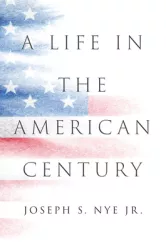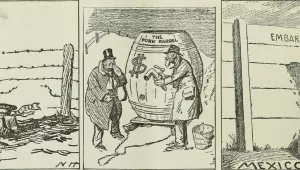Abstract
Scholars of world politics enjoy well-developed theories of the consequences of unipolarity or hegemony, but have little to say about what happens when a state's foreign relations take on imperial properties. Empires, we argue, are characterized by rule through intermediaries and the existence of distinctive contractual relations between cores and their peripheries. These features endow
them with a distinctive network-structure from those associated with unipolar and hegemonic orders. The existence of imperial relations alters the dynamics of international politics: processes of divide and
rule supplant the balance-of-power mechanism; the major axis of relations shift from interstate to those among imperial authorities, local intermediaries, and other peripheral actors; and preeminent powers face special problems of legitimating their bargains across heterogeneous audiences. We conclude with some observations about the American empire debate, including that the United States is, overall, less of an imperial power than it was during the Cold War.
Nexon, Daniel H. and Thomas J. Wright. “What's at Stake in the American Empire Debate.” American Political Science Review, May 2007
The full text of this publication is available via American Political Science Review.




